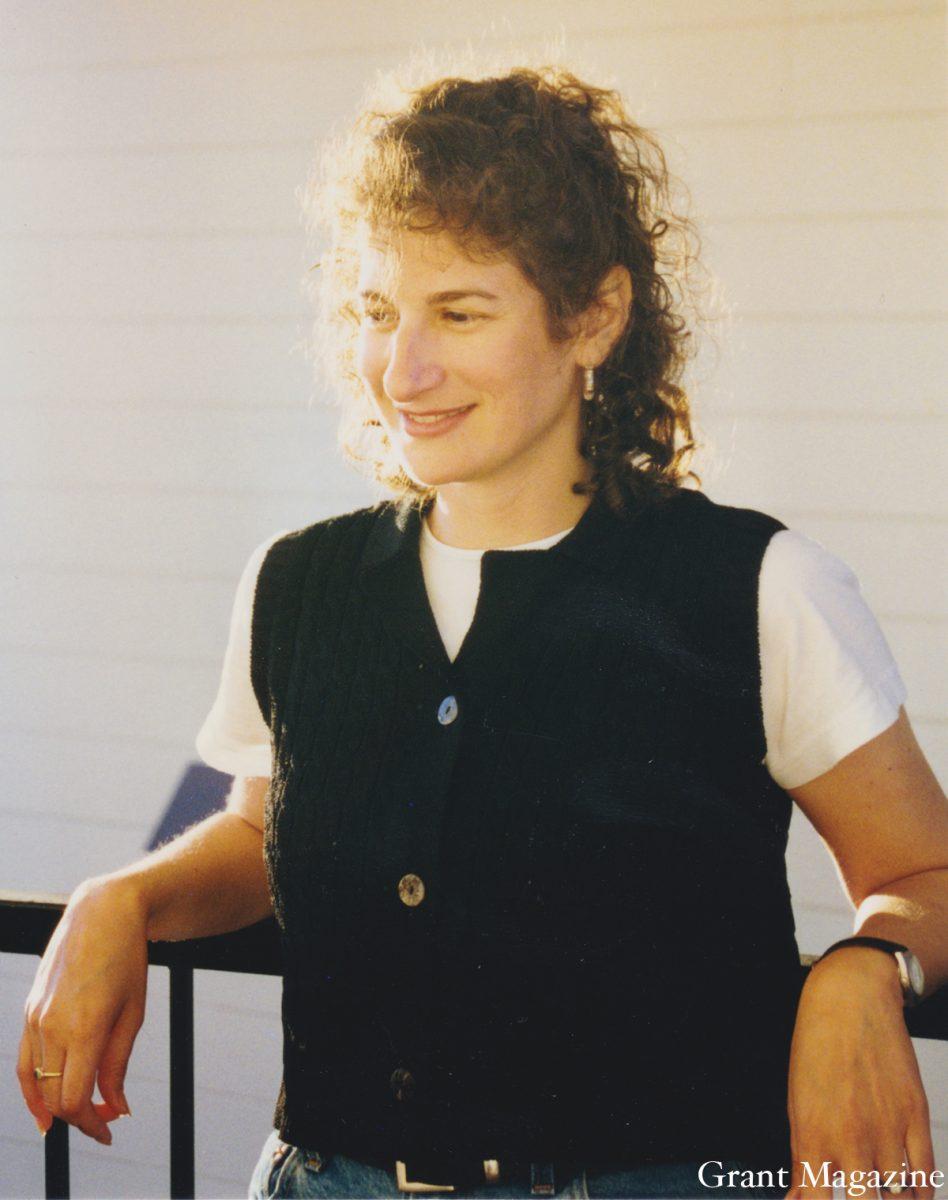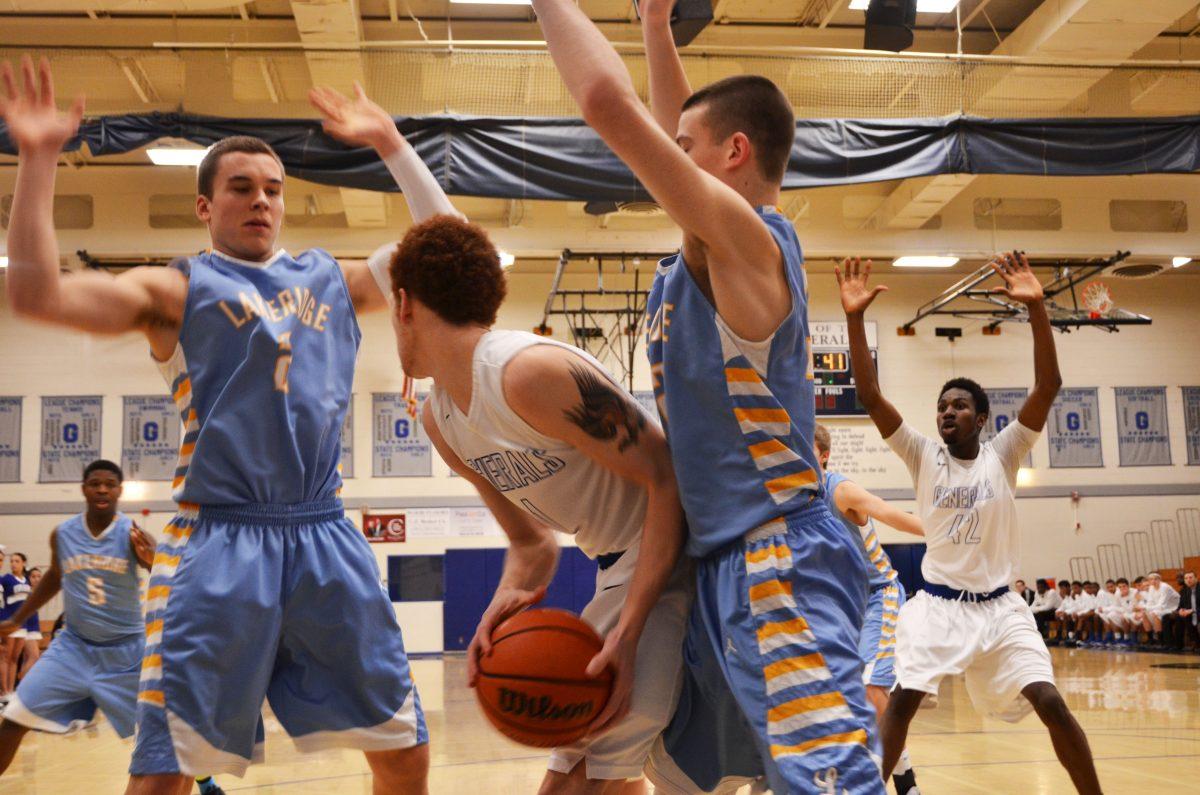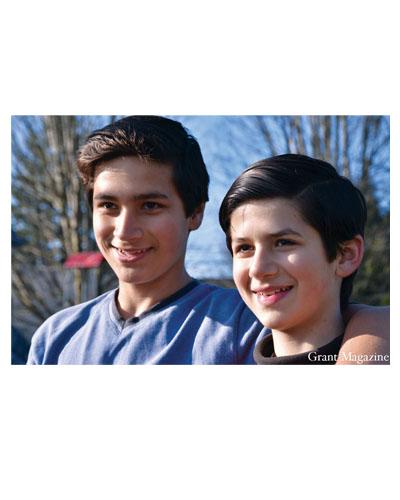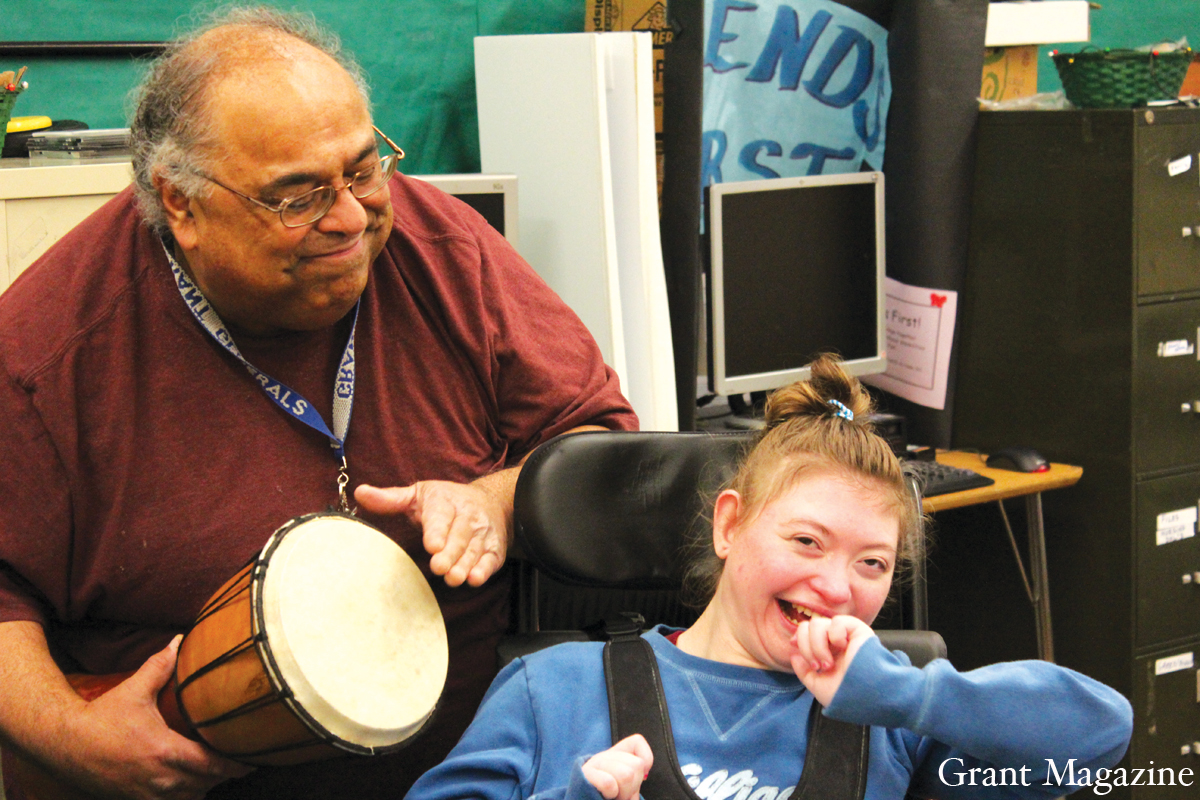I remember one of the scariest days of my life. My Bat Mitzvah, the celebration of a 13-year-old girl coming of age in the Jewish tradition, was around the corner.
All the planning, making the guest list, the thought of being social to every relative that I hadn’t talked to in the past year was bearing down on me. It was a big deal and I was freaking out.
Not that I had to worry, though. When the day arrived, my mother came to the rescue. She danced with my friends. She entertained the family members with her singing and telling stories.
In front of this huge group, I was being kind of reserved. But my mom forced me to enjoy myself, pulling me to the karaoke stand to sing “All I wanna do is have some fun,” our favorite Sheryl Crow song. With her, I had the life of the party at my side.
She was a ray of sunshine, a good belly laugh waiting to happen.
Ann Goldsmith Barr – Annie to close family and friends – was an adventurous, loving and inspiring woman. She had a distinct ability to break down barriers with people in seconds. The way she took care of every little detail with a wide-eyed smile put people around her at ease.
My mom died peacefully at home nearly two months ago after nine years of battling breast cancer. She was surrounded by family when she passed away. She was 52.
Most people know of a person affected by breast cancer. It’s an insidious disease that claims the lives of thousands of women every year. It can be quick and it usually shows little mercy. The doctors said early on she shouldn’t expect to make it past the first year. They didn’t know my mom.
When it came to the cancer, mom was different. She was an outlier.
She pushed every second of her life to keep on living. She knew it was only a matter of time but she wanted to make sure she saw my sister and me grow up. She wanted to be there for us. That was my mom, always looking out for others. To her, life was worth it, even when she was experiencing pain throughout the long treatments ahead.
Ann Cathy Goldsmith was born in Rochester, N.Y., the youngest of three children. She wasn’t much different as a kid. She was a ray of sunshine, a good belly laugh waiting to happen. She had dorky round glasses and often wore her favorite yellow dress. Her best friend, Susie, was a year younger, and they did everything together. Through Susie, my mom met other kids and made great friends.
In middle school, Susie moved away and my mom was left to fend for herself. Most of her friends were younger, and the people in her own grade weren’t exactly charming. She didn’t enjoy her middle school experience, not a second of it. High school wasn’t much better.
At home, my mom found comfort in music. She studied classical piano and performed in recitals at the Eastman School of Music. She put her passion into the keys of the piano, and it helped her block school out. When she focused on the music that included practicing for hours, her life became instantly more joyous.
At college, she found another niche, developing a keen interest in politics and public policy. She became involved by working for an advocacy organization, the New York Public Interest Research Group. She also worked for Planned Parenthood and a New York state assemblyman.
My mom also loved to travel. In high school, she had explored Europe, sailed the Aegean Sea and visited Jewish concentration camps. Her later travels took her to Thailand, Hong Kong, Singapore, Indonesia and back to Europe.
In 1990, she traveled for weeks in India as a Rotary ambassador. Once, she had to sleep between her hosts – a husband and wife – because they thought she would be lonely. On that trip, she met two women who would become two of her closest friends.
Roxanne – who had managed to set up 12 marriages amongst her friends – introduced my mom to my dad. She set them up because they were both extremely bright, interested in politics, and very kind, and each had a great sense of humor.
But the thing that really clicked was that they were both citizens of the world. My dad taught with the Peace Corps in Africa and my mom had always adapted well to different situations abroad.
Instead of playing it cool, my dad called my mom the day after they met. He wanted to know if she would play tennis with him, but during the conversation asked her to go out with him.
That evening turned into a long night: they went to three different restaurants. That night turned out to be the beginning of their life together. My dad moved in with my mom (who had the better rent controlled apartment) two weeks later.
They dated for four years while living in San Francisco and got married in 1995. They had me in 1997 and my sister in 1999, but found it difficult raising two young children there. After making a trip together to Oregon for a friend’s wedding, they decided to move us all to Portland.
As a kid, I had what seemed to be a normal childhood. My sister and I went to preschool right across the street from QFC. We continued on to Laurelhurst for elementary school. My childhood consisted of many rainy soccer days, hiking adventures with my family in the Columbia River Gorge, and cross-country skiing on Mt. Hood.
When I told my mom I wanted to be an actress, she signed me up for classes at local theater companies. In fourth grade, I decided to join a club volleyball team. Tournaments were every other week, often lasting from early in the day to late at night. She would pop up at some time of the day to cheer me on.
When I decided to pursue photography, she pooled money from everyone on her side of the family to buy me a nice camera lens. And whenever I performed on stage in plays, she was always there. She had the loudest whistle and loved to embarrass me with it.
I didn’t know what cancer was until the fourth grade. She had been diagnosed two years earlier but I had no idea what was going on. I couldn’t grasp the concept that my mom was sick because she always made my lunch and prepared dinner. She was the one to drive me to school and back home, set up play dates, attend my plays and everything else. So I didn’t think there was anything wrong with her.
She would always tell me, “It’s the inside that matters, Jessica.”
But I started to notice small things – all those small pills she would take every morning or how sometimes she would wear a wig. There were the zigzag scars on her belly and the lump on her chest that looked like half of a golf ball.
She had done such a good job hiding all the discomfort that when I realized what it was, I wanted to know why. I remember doing extensive research on the Internet. What is cancer? How does one get cancer? Do people die from cancer? How could someone as great as my mom get cancer? It was confusing.
I was in fifth grade when my mom started taking male hormones for part of her treatment. She had undergone many treatments, but this one was different. She gained weight. She started to grow hair on small parts of her face. Her voice lowered. People started treating my mom differently.
I started to realize that some people can be very cruel, and that they judge a person’s beauty based on what society tells them. But my mom’s personality is what shined. She would always tell me, “It’s the inside that matters, Jessica.”
Many different treatments followed. My mom started sharing more with us about the cancer. She was honest about what was going on, but she was always optimistic.
I remember the summer going into freshman year was the first time I saw my mom really sick. My sister and I had just returned from a trip to Hawaii only to find out my mom had been in the hospital for almost a week. We came home to her weak and in bed.
She had lost so much weight and strength that it was hard for her to walk. Somehow, as she always did, she made a miraculous recovery just in time for my sister’s Bat Mitzvah.
Last fall, though, things worsened. After years of ups and downs, we started to realize that she wouldn’t make it to 2014. In December we decided to remove her from the hospital and take her home.
I slept with her and held her hand. When she stopped talking, I talked with her about what was going to happen and how everything was going to be OK. I told her how I would always do the things I loved because that was what she taught me – anything to make sure she was at peace. My mom was coherent until the last day of her life.
After her death, I realized I don’t want to remember all the times my mom got really sick. I actually try to block it out. It’s a coping mechanism. Instead, I choose to remember all of the fun and amazing times I had with my mom. Driving around in her car for hours, going on adventures exploring Oregon, her advice, her hugs and the unconditional love.
Now, two months later, my mom’s death is still fresh in my mind. Every minute of the day I think about her and wonder where she is. But I know I have to keep living. I can’t mope around all day. Crying all the time isn’t going to make her come back.
My mom prepared me for all of life’s setbacks. She taught me that I will have to face them in the future – however big or small. Like her, whenever there’s an obstacle or if I encounter a problem, I’m not going to run away from them. I’ll face them head on. ♦
Click here for more Thoughts pieces.






































